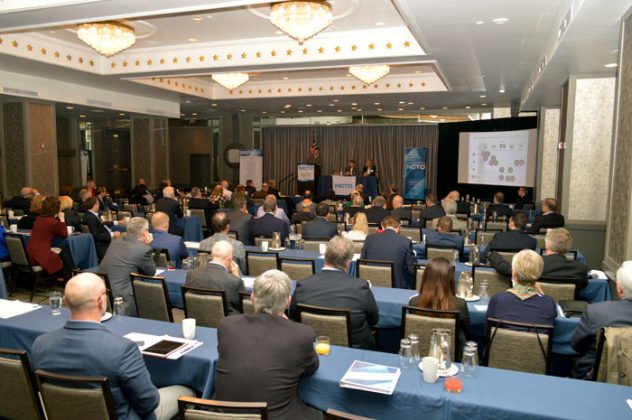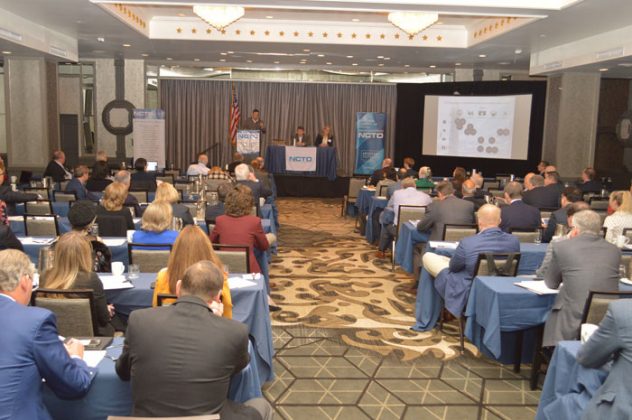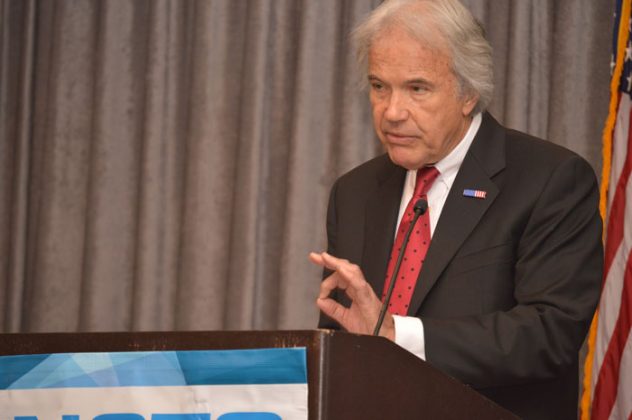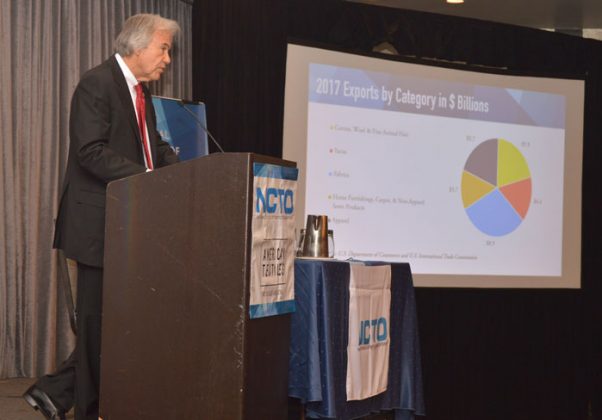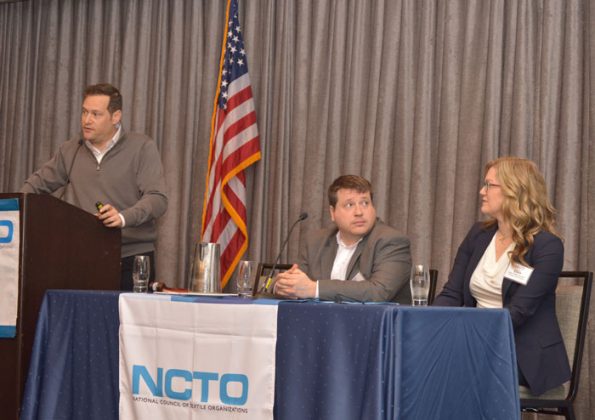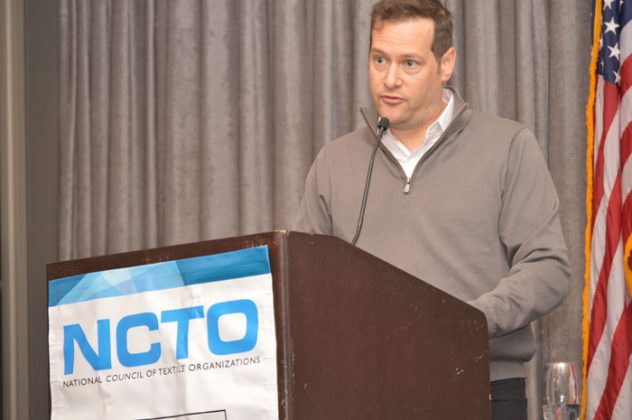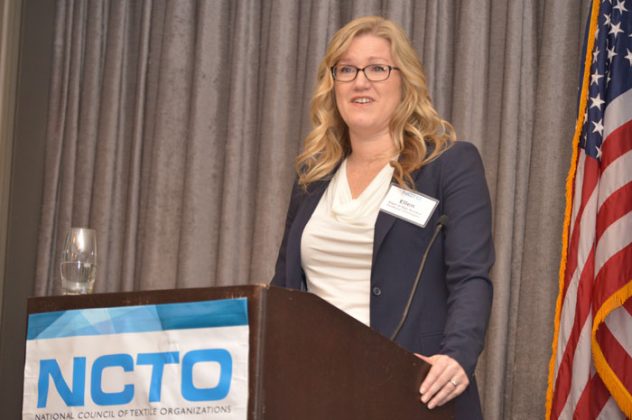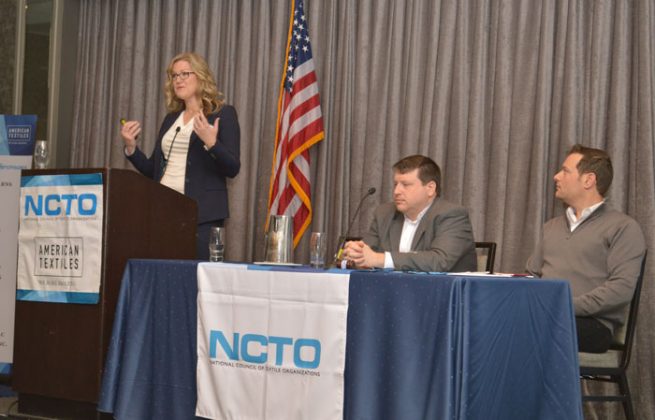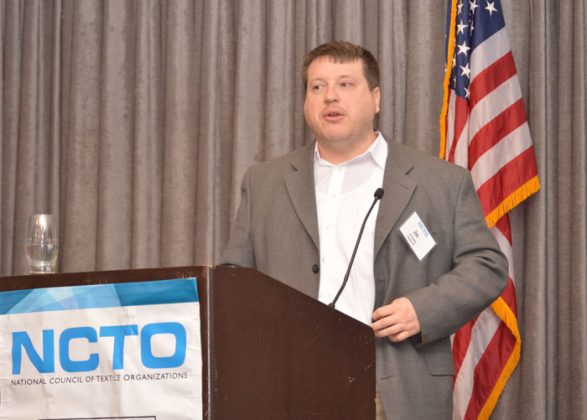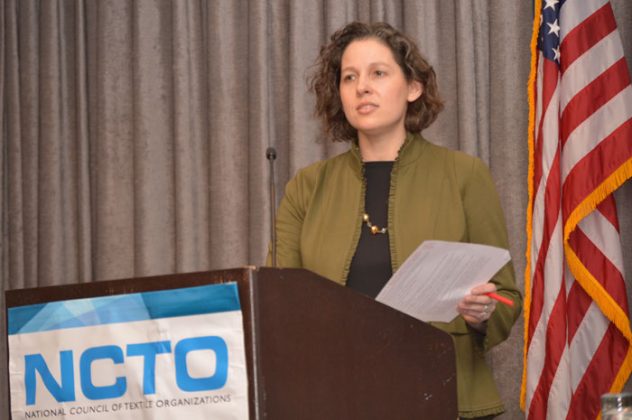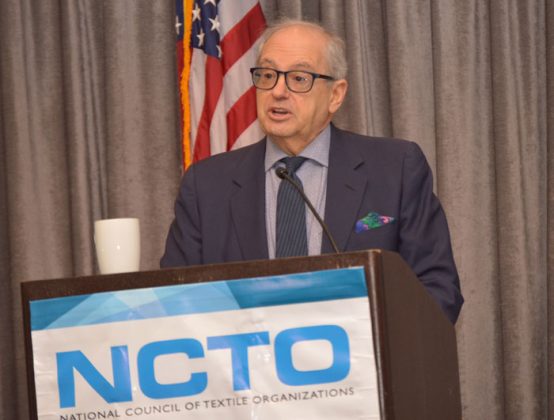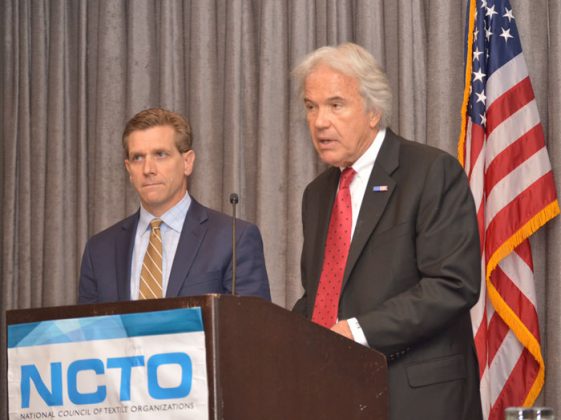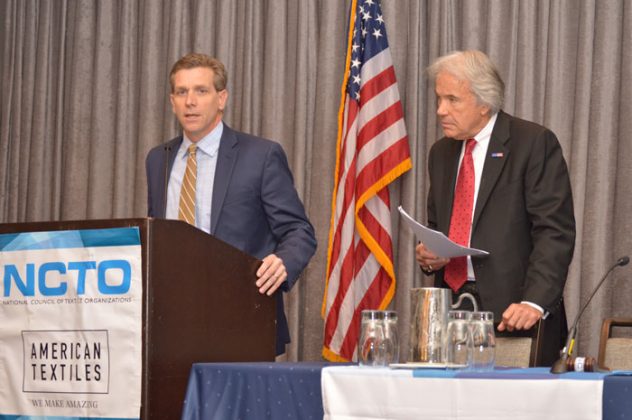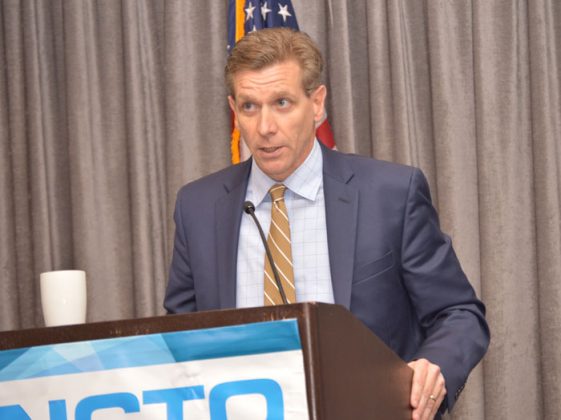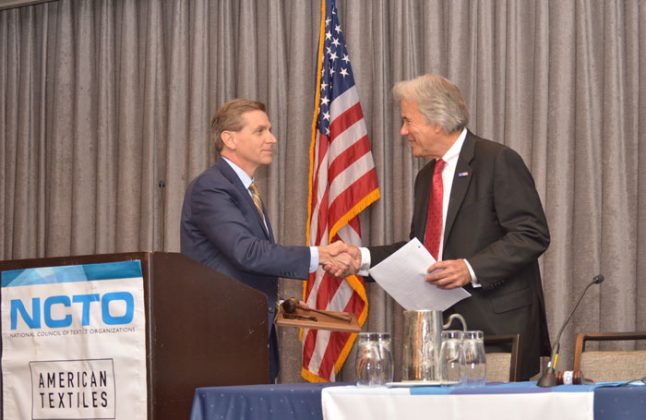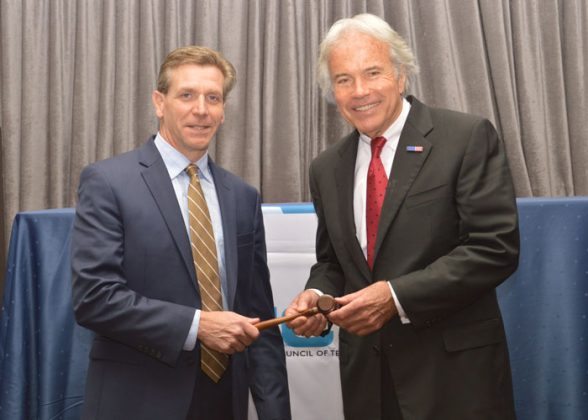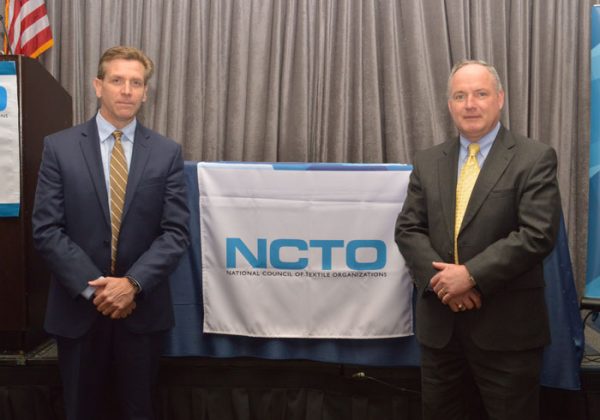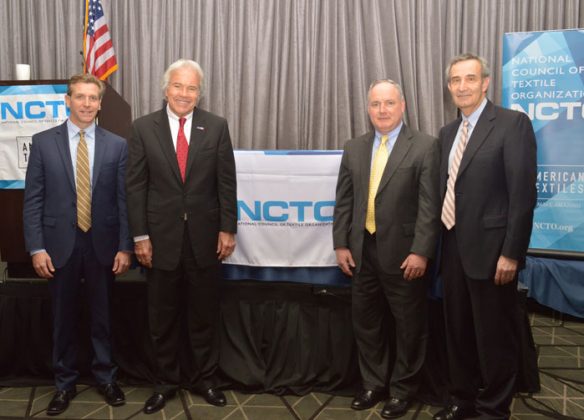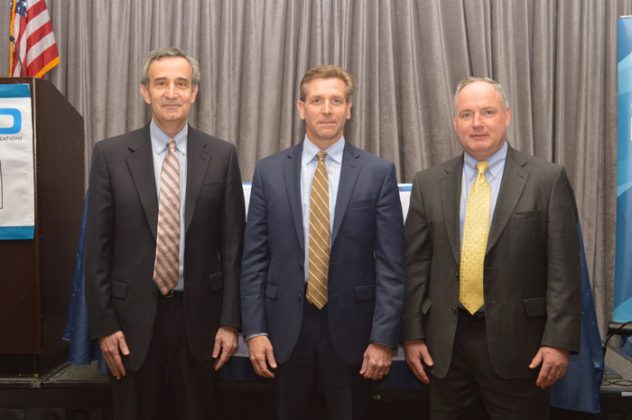COSTA MESA, Calif. — March 27, 2018 — AGV, celebrating its 70th anniversary since the production of its first helmet, today introduced the SPORTMODULAR to the North American market, a new world standard in the modular helmet category that shatters previous standards of safety, comfort, and design. The search for the perfect helmet has found its equilibrium in the AGV Sportmodular.
The revolutionary Sportmodular eclipses previous standards in its category by combining the practicality of a modular helmet with the best features of a MotoGP helmet: safety, compactness, design inspired by the world of sports, and lightness (just 1,390 grams/3.06 pounds, depending on shell size).
The only modular helmet in the world built entirely of carbon fiber – including the chin guard – the AGV Sportmodular was designed in accordance with the AGV Extreme Standards development protocols. The helmet, including the panoramic visor with a 190-degree horizontal view, passed extremely strict tests on 18 points of impact.
The Sportmodular helmet underwent thousands of hours of wind tunnel testing during development, resulting in extraordinary soundproofing, ventilation and stability characteristics, making it ideal for those who ride touring bikes that are increasingly similar to sport bikes in terms of power, performance and riding style.
“For us, safety means being at the forefront of knowing how the needs of motorcycle riders are evolving,” said Cristiano Silei, CEO of the Dainese Group. “Sportmodular is a revolutionary helmet created for today’s motorcycle riders who want safety, comfort, performance and sporty design, all in one helmet. After all, we only have one head.”
The Sportmodular provides new standards in aerodynamics, impact protection, ergonomics, ventilation, field of view, and quality of materials. The helmet includes an interior designed for the highest level of riding comfort with a pressure-free fit, and a patented reversible cuff with warm and cool sides. The Sportmodular’s panoramic Class Optic 1 visor avoids distortion and offers a maximum peripheral view of 190-degrees, and a patented Visor Lock System (VLS) reduces the risk of accidental openings. The integrated anti-scratch sun visor can be easily removed in seconds without tools, and a Titanium Double D retention system — 43 percent lighter than and much stronger than steel — ensures the helmet stays securely on the head.
The AGV Sportmodular helmet is now available in dealers throughout North America and online at AGV.com. The helmet starts at $749 and comes in seven different color styles.
Posted March 27, 2018
Source: Dainese Group

